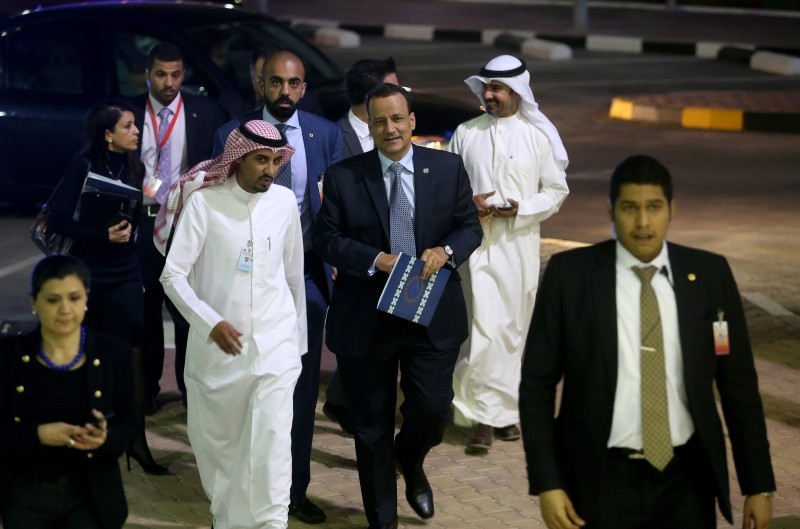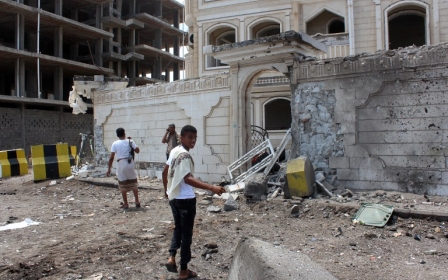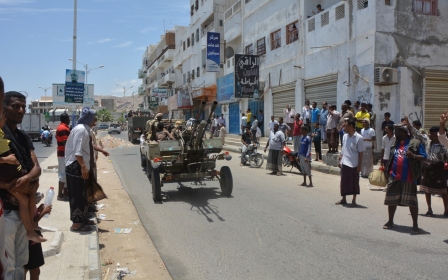Yemen foes begin direct talks to resolve key issues: UN

Yemen's warring parties began face-to-face peace talks on Saturday on "key issues" in a bid to end the country's conflict, the United Nations said.
"All delegations are present. Key issues will be addressed," Charbel Raji, a spokesman for Yemen's UN envoy Ismail Ould Cheikh Ahmed, told AFP about the negotiations taking place in Kuwait.
Most of the meetings in talks which began on 21 April have so far been confined to encounters between rival delegations and Ould Cheikh Ahmed.
More than 6,800 people have been killed and about 2.8 million displaced in Yemen since a Saudi-led coalition began operations in March 2015 against Houthi rebels backed by Iran, who seized swathes of territory including the capital Sanaa.
Key issues to navigate include the withdrawal of armed groups, a handover of heavy weapons, the resumption of a political transition and the release of prisoners.
The new phase of meetings comes after the government and rebel delegations each submitted a framework for a political and security solution to end the 13-month war.
The government delegation said their proposal is based on implementing UN Security Council Resolution 2216, which states that the rebels must withdraw from seized territories and disarm before talks can progress.
Meanwhile, the rebel-controlled sabanews.net website quoted an unnamed source from the rebel delegation as saying that their proposals include "forming a consensus authority that would oversee [political] transition."
The rebel proposals also include lifting the blockade imposed by the Saudi-led military coalition on Yemen.
Sabanews.net reported that a "new phase in the negotiations begins Saturday, which would truly test the positions of the United Nations and international community" in the search for peace.
Both sides said that they were committed to ensuring the success of the talks in Kuwait, which were preceded by a shaky ceasefire that came into effect on 11 April.
The main sticking point remains that the rebels want to discuss a political settlement before surrendering arms while the government delegation insists that implementing the UN resolution is a priority.
The government delegation on Friday urged the UN envoy to pressure the rebels over alleged ceasefire violations.
The UN Security Council on Monday stressed the importance of agreeing on a "road map" to implement security measures including the withdrawal of heavy weapons from Yemeni towns.
New MEE newsletter: Jerusalem Dispatch
Sign up to get the latest insights and analysis on Israel-Palestine, alongside Turkey Unpacked and other MEE newsletters
Middle East Eye delivers independent and unrivalled coverage and analysis of the Middle East, North Africa and beyond. To learn more about republishing this content and the associated fees, please fill out this form. More about MEE can be found here.




